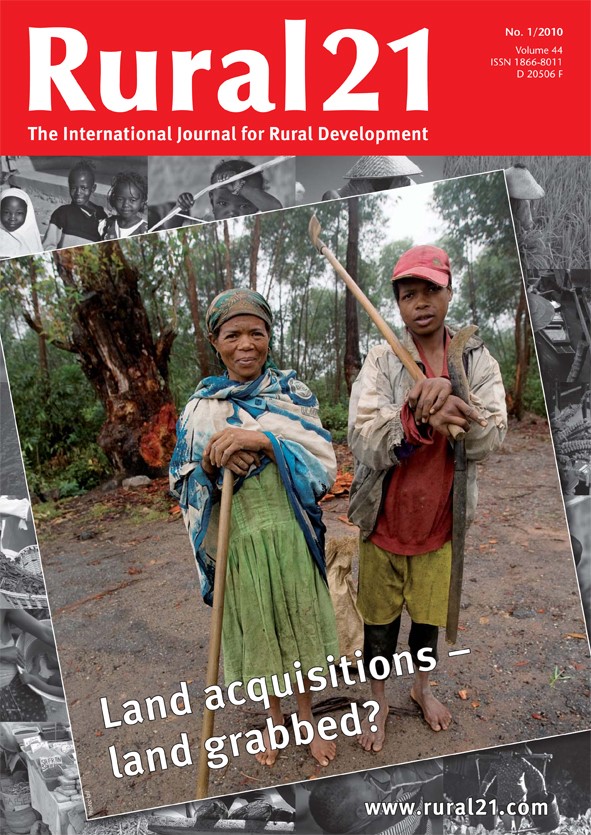International migration flows: key data and trends
Migration is a huge phenomenon. The share of migrants in industrial countries’ populations doubled over the past three decades, and remittances ? ows to developing countries are larger than foreign investment or overseas aid. In many developing countries the percentage of the population working abroad and the percentage of Global Domestic Product (GDP) represented by remittances run into double digits.




